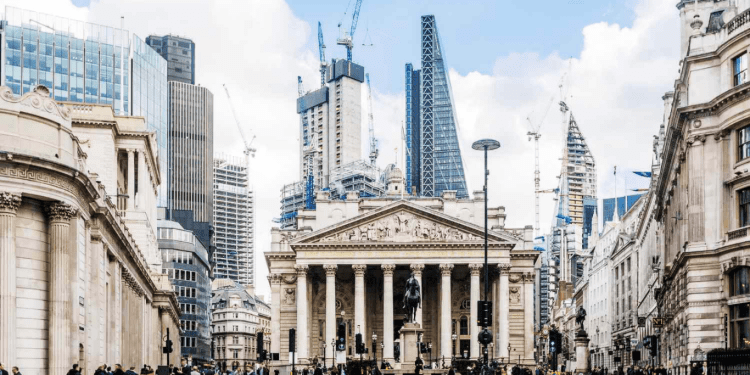- Brazil’s central bank governor announced plans to tighten crypto regulations, emphasizing the need for strict supervision of virtual assets brokerages due to increased crypto adoption.
- Crypto adoption in Brazil has surged by 44%, driven by high inflation rates, and people are turning to digital assets as a hedge against inflation and to evade taxes.
- Brazil is also developing its digital currency, Drex, set to launch by the end of 2024.
Governor of the Central Bank of Brazil, Roberto Campos Neto, revealed his desire to tighten crypto regulation on Wednesday, September 27. During a Congress hearing on Finance and Taxation, Campos Neto stated that virtual asset brokerages should be strictly regulated during his speech.
Given the considerable increase in crypto use in Brazil, the governor stressed the importance of increasing oversight of crypto and related activities.
Cryptocurrency Adoption has grown By 44%
Brazil has seen increased adoption despite its high inflation rate. This could be because most people utilize digital assets to hedge against inflation and avoid paying taxes. Furthermore, many feel that demand has migrated away from fiat currency and toward stablecoins, which are cryptocurrencies pegged to the US dollar and other real-world assets.
Furthermore, the central bank of Brazil stated earlier this week that crypto imports grew by 44.2% from January to August, totaling $7.4 billion. This result was much greater than the value observed during the same period the previous year.
Campos Neto highlighted that virtual currencies, particularly stablecoins, have grown in popularity as a means of payment. According to him, Brazilians are now using cryptocurrencies for payment rather than only as an investment.
Brazil Will Increase Crypto Regulatory Scrutiny Due To Rising Adoption
Furthermore, Campos Neto related the increased adoption to people’s desire to avoid paying taxes or engaging in illegal transactions. “We understand that a lot is connected to tax evasion or linked to illicit activities,” the governor said.
He stated that the central bank is combating these illegal inclinations by tightening laws and monitoring cryptocurrency and associated activity.
The Brazilian Congress has been forward-thinking in pursuing clear norms for digital assets. The Congress approved a bill to regulate the Brazilian market in November 2022.
Resolutions, suggestions, and directions for virtual asset service providers are included in the law. It also named the Brazilian Central Bank and the Securities and Exchange Commission (CVM) watchdogs. After various discussions, the bill ultimately went into force in June 2023.
Remember that the Brazilian government adopted a decree empowering the central bank to supervise crypto asset providers in June 2023. The signed decree also aims to establish a regulatory framework for trading digital assets.
However, despite the fact that the central bank is the principal crypto regulator, virtual assets that qualify as securities remain under the supervision of the CVM.
Campos Neto also addressed the digital currency Drex during his speech at the committee hearing. Notably, Drex is set to launch by the end of 2024 and will play a critical role in the Brazilian virtual asset business.
However, the Brazilian central bank is still in the early stages of developing its digital currency (CBDC), dubbed Drex. The bank unveiled the digital real logo and formally christened it Drex on August 7. According to the central bank, Drex is an acronym for Digital Real, electronic, and connectivity.














